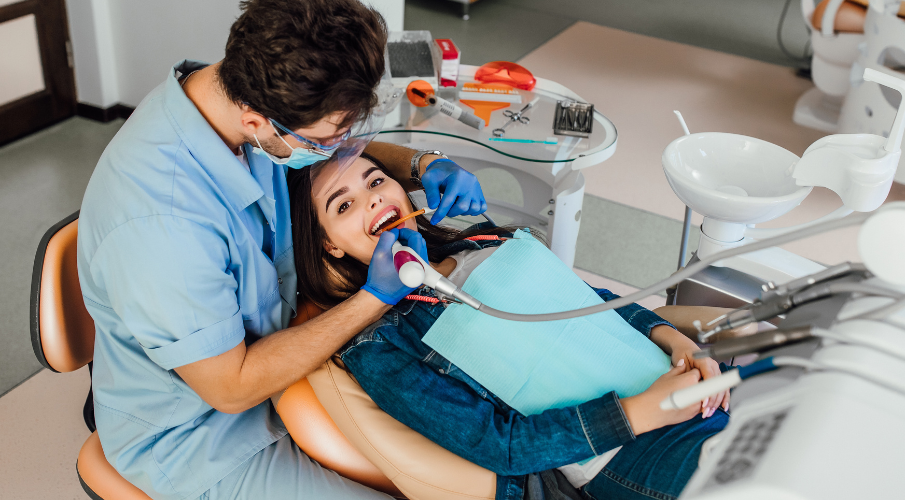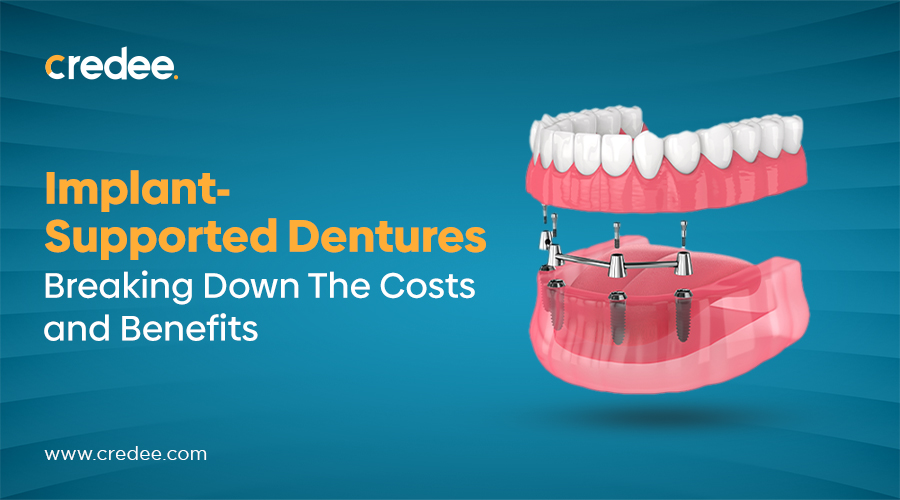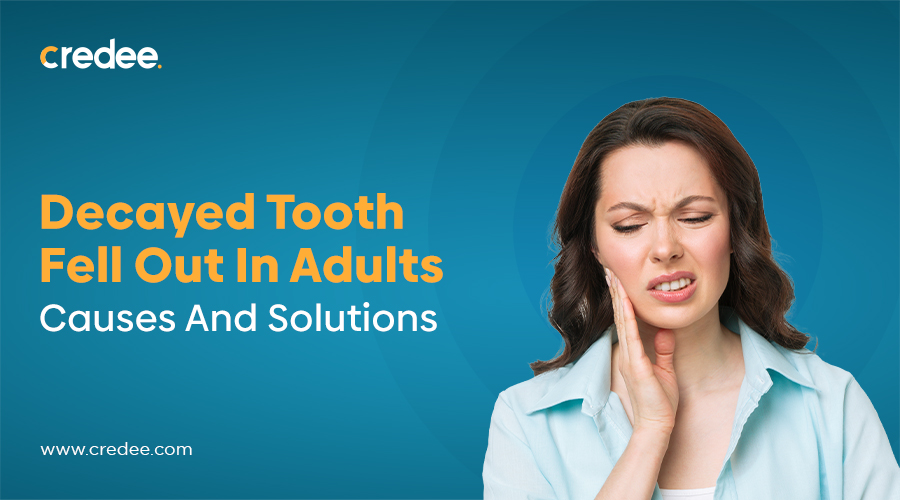
Dental implants are undoubtedly highly effective for restoring a lost tooth. However, they may also come with a high price tag. According to Forbes, the cost of a dental implant can range from $3,000 to over $4,500 per tooth in 2023.
While obtaining free dental implants might be a far-fetched dream, other alternatives can make it affordable. For instance, free government grants for dental implants or opting for payment plans can be viable.
Explore Affordable Smiles: Discover our Dental Payment Plans today!
Let’s explore the most effective ways to finance dental implants without straining your bank account.
1. Dental Insurance
A dental insurance plan with full coverage is certainly the best way to get free dental implants for low-income individuals.
But, even having a private insurance plan with partial dental coverage can make getting dental implants significantly more affordable.
Insurance can cover a wide range of dental treatments as well as the associated dental expenses, including hospital stays. However, most plans do not cover cosmetic dentistry treatments.
Moreover, almost 68.5% of Americans do not even have dental insurance, so it may not be the best option if you aren’t eligible. Fortunately, there are other options, such as Credee payment plans and dental grants for low-income adults and individuals.
2. Dental Grants For Low-Income Adults
There are various types of free government grants for dental implants that you might be able to qualify for. Here are the types of dental grants you can opt for:
a) Medicaid
It is a joint program backed by the federal and state governments. This program mainly offers medical coverage, extending to dental care. If you qualify for Medicaid, it can probably cover most of your dental implant costs.
To qualify, you must:
- Provide valid residency proof.
- Must be a U.S. citizen or permanent resident.
- Satisfy the specified age and financial eligibility requirements (which vary per each state's regulatory laws).
If approved, patients can enjoy a range of dental and healthcare services at little to no cost. For instance, it can cover consultation fees, hospital stays, prescription medication costs, and preventive care.
It’s viable for those who cannot afford private insurance or out-of-pocket expenses. However, it’s crucial to remember that not all dental clinics may accept Medicaid.

Seamless integration, effortless payments!
Simplify. Grow. Succeed.
b) Dental Grants For Veterans
Various foundations offer dental implant coverage, specifically for veterans. So, if you qualify, you can look for dental grants at Dental Lifeline Network. It also partners with the ADA Foundation to offer several types of grants for implants.
Generally, providers may evaluate the length of service, income, age, disability, and special needs (if any). Furthermore, some programs may even be restricted to veterans with a specific length of employment or status in the army.
The time it takes to get approval can vary greatly, depending on the organization and type of grant you qualify for.
c) Dental Grants For Seniors by ADA Foundation
Local community health centers may also offer dental subsidies to the elderly who are unable to pay. For example, the American Dental Association (ADA) Foundation frequently partners with non-profit organizations and provides dental care assistance to seniors (those aged 62 and up). These help increase access to dental care for underserved communities and low-income individuals and families who require it the most.
3. Dental Grants for Cosmetic Dentistry
Grants from the government might not be available for cosmetic dental implants, as those often support dental implant procedures that are deemed “medically necessary”. In that case, you could look into the following grants:
- The Samuel Harris Fund
- California Dental Grants
- CHFFA Specialty Grants (California)
- Cosmetic Dentistry Grant (CDG)
Notably, you might have to pay some out-of-pocket costs because these grants might not provide completely free or subsidized dental implants. It is recommended to carefully check the qualifying criteria before applying, as certain grants might only be available in a given state or locality.
Affordable Dentistry Awaits
Unleash the power of an irresistible smile without breaking the bank!
Smile Now, Pay Later
4. Dental Payment Plans
Some dental providers even offer payment options to patients without any credit checks. For instance, nowadays, many dental providers offer Credee dental payment plans as an alternative option. It helps patients get dental treatments immediately without having to pay a large sum all at once.
It is one of the easiest ways to pay for dental implants in affordable monthly installments. So, if you are unable to obtain government funds for dental implants, don’t lose hope! You may conveniently pay for your dental services over time with Credee.
5. Dental Loans or Credit Cards
You can also use medical credit cards such as CareCredit, AccessOne, and Medkey. Or there are other financing options, like CarePayment and AfterPay, can help pay for dental implants.
These are ideal when you cannot pay with insurance. However, they come with distinct advantages and disadvantages. So make sure to pay back on time, or it may negatively impact your credit.
6. FSAs and HSAs
Many Americans use their Flexible Spending Account (FSA) to cover out-of-pocket medical costs. The money in the FSA is tax-free without any state or federal deductions. You can use it for certain specified medical expenses. So make sure to check if dental implants are covered under the qualifying treatments.
You can also set up a personal Health Savings Account (HSA) to prepare to pay for dental implants. It is usually viable for people who have high-deductible health plans.
Conclusion
The rising cost of dental implant grants in California hinders getting the required dental implant treatment for many Americans. Dental insurance is the best way to make necessary care affordable. But if you aren’t insured, there are several other options, among which free dental grants for low-income adults and flexible payment plans by Credee stand out.
Uncover the secrets of dental payment options.
Discover Now



